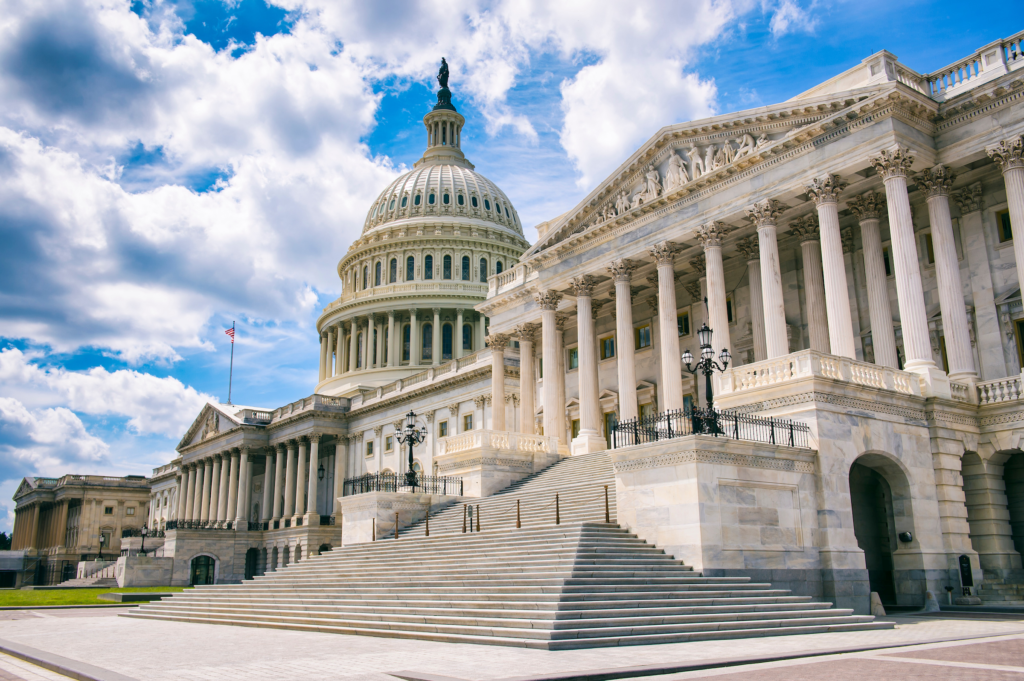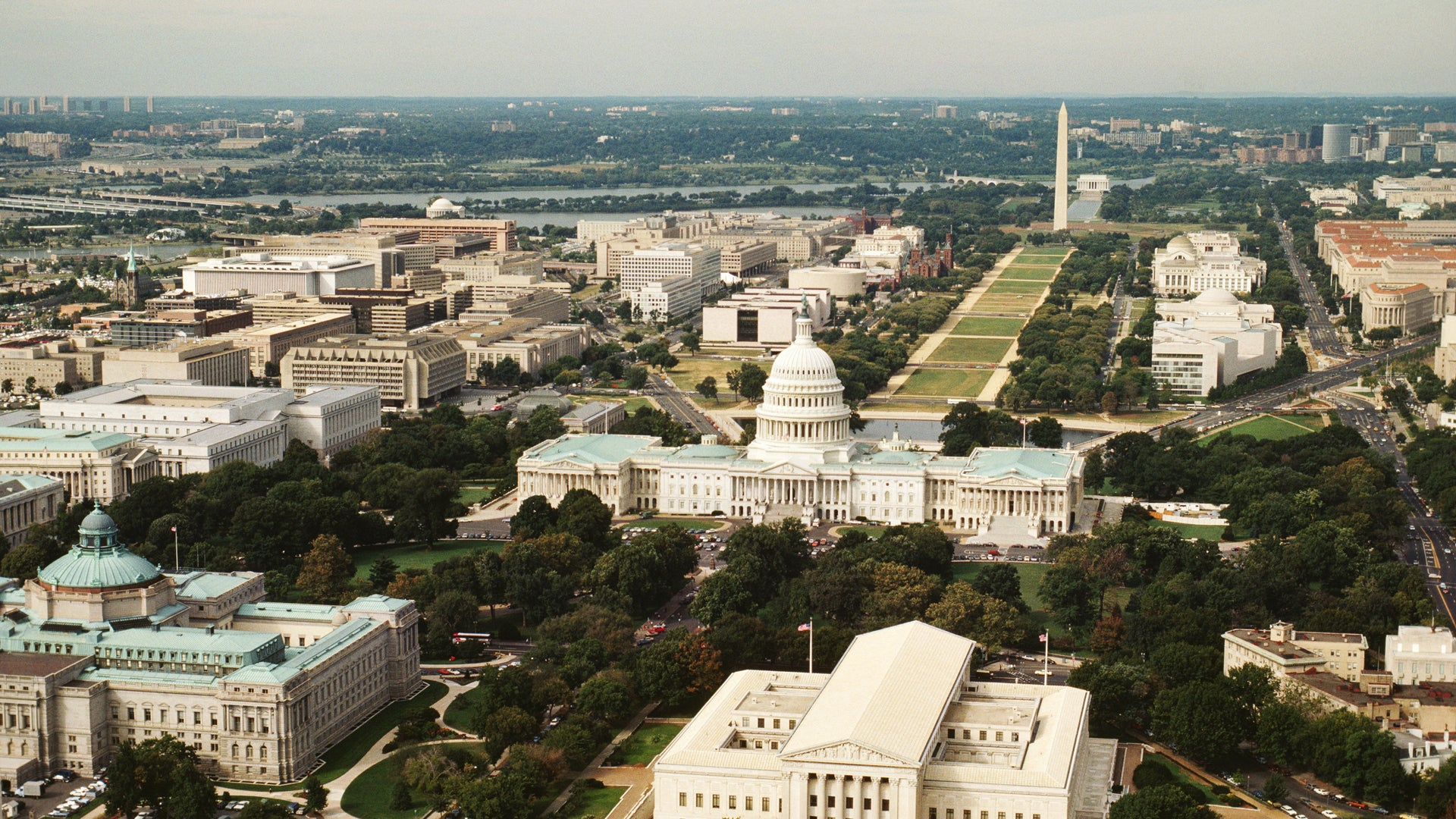Washington DC Residents Flee Ahead of Trump Inauguration, choosing to leave the city to escape the tense atmosphere surrounding the event.
As the inauguration of Donald Trump approaches on January 20, Washington DC residents are making plans to leave the city, driven by the anticipation of heightened tension and a desire to avoid what they describe as the “ugly side of America.”
The atmosphere surrounding Trump’s presidency has stirred deep divisions within the nation, and for many, his second inauguration represents a tense moment filled with negative energy.
The decision to leave has become a way for some to protect their mental and emotional well-being during a period that has already left a significant mark on the capital and its inhabitants.
Fear and Uncertainty After January 6
One of the most striking reasons for DC residents to flee ahead of Trump’s inauguration is the lingering fear and uncertainty that stem from the January 6 Capitol riot. The chaos and violence of that day still haunt many, especially residents like Alejandra Whitney-Smith, whose mother was working at the Library of Congress during the attack.
For Whitney-Smith, the thought of being in the city again during Trump’s inauguration brings back unsettling memories, and she described it as “hostile negative energy.” She remarked that it was no longer just about political divisions—it was about safety and peace of mind.
Read : This Is What Biden Is Leaving for Me: Trump on California Wildfires
“The fear I felt for her and for myself that day made it clear that I didn’t want to be here when this inauguration happens,” Whitney-Smith explained. This sentiment resonates with many others in the capital who experienced the turmoil of that fateful day and its aftermath.
Read : Watch: Heat of Washington DC is Melting Abraham Lincoln Statue
The insurrection, which involved an attempt to overturn the 2020 election results, left deep scars on Washington DC residents. The emotional toll from the event, combined with the ongoing political polarization, has led many to seek refuge elsewhere.
A Cabin Escape: Retreating to Reconnect
For Whitney-Smith, who works as an attorney, the decision to leave the city coincides with her birthday, which typically would have been spent in Washington DC. Instead, she has chosen to spend the week in a remote cabin with friends, devoid of technology.
This retreat represents an opportunity for reflection, reconnection, and escape from the emotional strain she believes Trump’s second inauguration could cause. Whitney-Smith emphasized the importance of avoiding the negative energy that often surrounds major political events in a divided nation.
“I’m going to use the time to do some vision boarding, reflection, and reconnection,” she said, explaining how she plans to center herself away from the charged political atmosphere of the city.

For her, this is more than just a personal decision—it’s about protecting her mental health and well-being. The need to escape what feels like a hostile environment is one shared by many others in Washington DC.
This kind of emotional retreat, taking time away from the city to regain a sense of calm, has become a way for people to shield themselves from the constant stress caused by divisive politics.
Even though Whitney-Smith had hoped for a different outcome in the 2020 election, her fears about the direction of the country have become all too real. “I didn’t want to be around that sort of hostile negative energy,” she noted.
Racial Tensions and Divisive Politics
For some residents, Trump’s inauguration is not just a matter of political preference—it is a painful reminder of the racial and social divisions that have become entrenched during his time in office. Tia Butler, another Washington DC resident, explained how her decision to leave the city during the inauguration was influenced by her own values and beliefs.
Butler, a human resources executive, had worked for the federal government for nearly two decades before transitioning to a non-profit role. The political polarization that marked Trump’s presidency has left her disillusioned, and she wanted to escape the toxic environment that she believes he has fostered.

“I have a fundamental set of beliefs and values that differ greatly from the supporters of the president-elect, so it is best that I just remove myself,” Butler shared. Like Whitney-Smith, Butler expressed her concern for her own emotional well-being and safety during such a volatile time in American politics.
For Butler, the image of Trump’s supporters and the legacy of his first term have made her reluctant to remain in the capital, especially after the January 6 riots.
Butler’s fears about living in a divided America are rooted in her experiences as a Black woman. She remarked that while she had hoped for Kamala Harris to win the election, she also knew deep down that America wasn’t ready for a Black woman to be president.
She noted that Trump’s “almost cult-like following” has been particularly powerful, making it difficult for many to see a path forward in a country where people’s political and social ideologies have become so polarized.
Memories of the Capitol Riots
The January 6 Capitol riots have had a lasting impact on residents of Washington DC, and the fear of another similar event during Trump’s inauguration looms large. Butler, like many others, vividly remembers the chaos and violence of that day, and the deep sense of anxiety it caused.
The trauma of the insurrection has not only shaken the nation but has also left the people of Washington DC feeling vulnerable. For many, the idea of being present for Trump’s inauguration brings up memories of the violent clashes between rioters and law enforcement, as well as the fear that the city would once again be the site of political unrest.
Butler recounted her thoughts after the January 6 riots, saying that it “says to me that we’d rather have a criminal leading our country than a person of colour, or a criminal rather than a woman.”
This sentiment speaks to the broader divide in American politics, where discussions of race, gender, and class have become a focal point in the national discourse. Butler’s desire to leave the city reflects not just her personal discomfort with the upcoming inauguration but also her desire to escape a reality she finds deeply troubling.
A Divided Nation
As Donald Trump prepares for his second inauguration, the divisions within the country remain stark. While Trump’s supporters view him as a champion of conservative values, many others, particularly those in Washington DC, see him as a figure who has deepened the country’s political and racial rifts.

The decision by DC residents to leave during the inauguration is a powerful statement about the emotional and psychological impact of his presidency, particularly for those who feel marginalized or fearful of the hostile energy that surrounds his events.
Trump’s rhetoric and policies have often been seen as divisive, and for many, his inauguration represents a continuation of the hostile and negative energy that has marked his time in office. Whether or not this is a moment of celebration or apprehension depends largely on one’s political beliefs and personal experiences.
For those like Whitney-Smith and Butler, the decision to flee Washington DC is a way to protect themselves from the psychological toll of living in a deeply divided nation during such a fraught time.
As the day of the inauguration draws closer, it is clear that the atmosphere in Washington DC will be charged with political tension. For some, the decision to leave the city represents an attempt to escape the emotional strain of living in a deeply polarized society.
For others, it is a statement about the kind of leadership they believe America deserves. The residents of Washington DC who have chosen to leave during Trump’s second inauguration highlight the deep divisions that persist in the country—a reminder that the political climate continues to have a profound impact on the lives of ordinary Americans.

